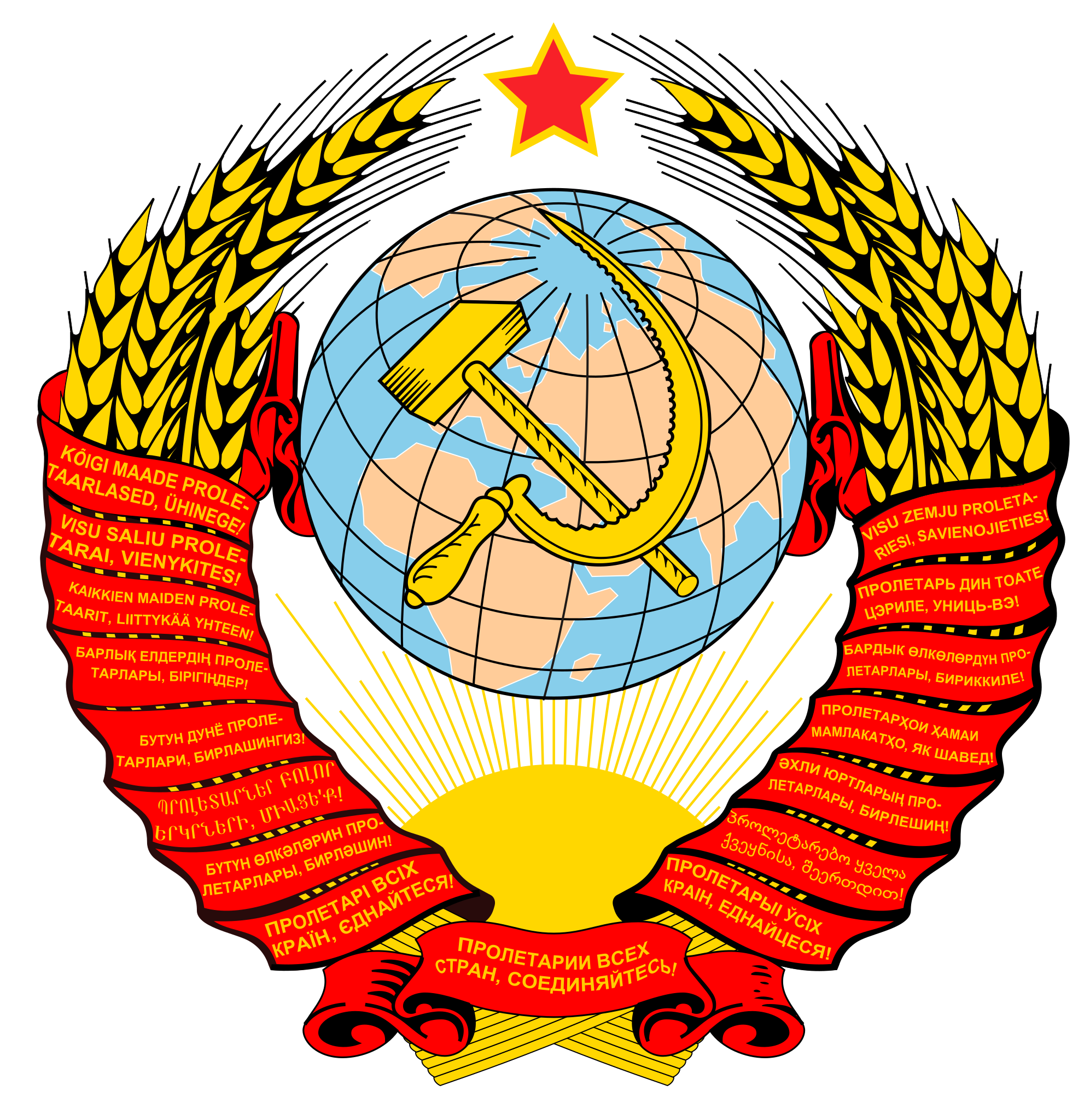- cross-posted to:
- indigenous@lemmygrad.ml
- cross-posted to:
- indigenous@lemmygrad.ml
After the revolution (or even before if possible), we should immediately create autonomous regions (ARs) based on the traditional territory of all native groups. This will include but not be limited to current reservations, even if those reservations are located outside of their traditional homeland (such as those in Oklahoma).
These ARs will be able to make their own laws that apply to everyone in their territory, including non-natives. They will have their own elected governments, control of their natural resources, and have their own official languages. The current US Congress will be abolished and replaced by a Council of the Union (elected based on population) and a Council of Nationalities. Both will have to approve all national laws by a majority vote. Large native nations will have 8 representatives, medium-sized ones will have 3, and small ones will have one. There will also be a large number of representatives for the New Afrikan and Chicano nations and a smaller number for other oppressed nationalities within the former USA such as Arabs and Asians.
All ARs will be able to declare independence by a majority vote from all adults of their native nation, including members living outside the AR or abroad. They will also be able to merge with other ARs if they choose to do so. Overseas colonies such as Guam, Hawaii, Puerto Rico, the Virgin Islands, and others will immediately become independent after the revolution (besides "American" Samoa which will go straight back to Samoa) and may choose to stay independent or join with each other or other countries.


Bad wording probably. Maybe “I didn't say anything you think I said” would have been better.
You never mentioned how far back he has, but there’s two ways I could interpret that.
* Of course this is regional. Obviously someone in New York City or at least the Northeast is a lot more likely to have closer immigrant ancestors, and ethnic enclaves established by those ancestors (e.g. Little Italy) enabled that culture to stick around. Whereas in the South (excluding Texas and Florida), families have been here for many generations and never really had those kinds of ethnic enclaves.
Having been into family trees, the closest immigrant ancestor on my father’s side that I know of is my 8th great-grandfather, born in Ireland in 1655. Obviously there could be closer, but if I don’t know about them even being into family trees, then they’ve had no affect on me culturally and are as foreign to me as any other European from their time.
Holy Hell that is... pretty far back, yeah.
Re the cousin: He wouldn't have personally met any ancestors who spoke Norwegian, those would be three generations back, and his actual Norwegian-born ancestors would be about four or five generations back; but our grandpa grew up in an ethnic enclave right as the Norwegian language was dying out, as said. So this influenced my aunt to sort of promote a token "Norwegian-ness" on her kids (this is upheld in other cousin families, too: one of my cousins is named after my grandpa's hometown, itself named after its Norwegian-born founder). I also absolutely believe that my mother moving to Norway would've influenced my aunt's promotion of Norwegian-ness on her kids, all of whom were born after me; and that my cousin knowing me and visiting Norway on several occasions would've also influenced his interest in the language.
So... Not exactly an average American's experience, no, although I stand by that your average white American will have some foreign-born ancestor within four generations back... Although, as you say, this varies regionally by quite a bit, because nobody wants to move to the South, apparently.
I mean, there was still that point about how every learner can become a teacher, but...